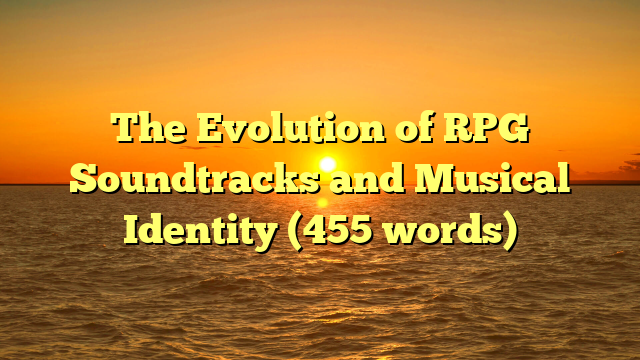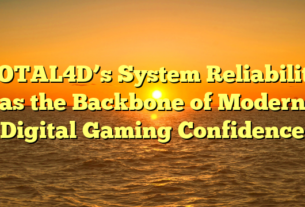Music has always been central to the RPG experience, shaping emotional responses, reinforcing themes, and giving identity to entire worlds. Early RPG soundtracks raja toto88 were extremely limited by hardware, relying on simple chiptune melodies to convey mood. Yet composers like Nobuo Uematsu (Final Fantasy) and Koichi Sugiyama (Dragon Quest) proved that even minimal sound channels could deliver memorable themes. These early tracks established the blueprint for musical storytelling in RPGs.
As technology progressed during the 16-bit era, RPGs gained richer sound palettes. Orchestrally inspired scores appeared even on limited hardware, giving RPGs a cinematic feel long before high-quality instruments were possible. Games like Chrono Trigger and Secret of Mana demonstrated how dynamic compositions could enhance exploration, combat, and emotional narrative moments.
The transition to CDs and more powerful audio engines in the 1990s opened the door to fully orchestrated and vocal tracks. Final Fantasy VIII introduced one of the first major vocal themes, “Eyes on Me,” setting a trend for future RPGs to include signature songs. Meanwhile, Western RPGs such as Baldur’s Gate used atmospheric music to emphasize mood, immersion, and world ambiance rather than melodic hooks.
In the 2000s, RPG soundtracks became more experimental. Composers blended genres, integrating rock, electronic, folk, and orchestral elements. Persona 3 introduced a mix of jazz, hip-hop, and pop, giving the series a distinctive modern identity. Games like Elder Scrolls IV: Oblivion and Mass Effect used sweeping orchestral or futuristic electronic scores to shape vast worlds and iconic atmospheres.
Today, RPG music is more diverse than ever. Indie RPGs such as Undertale, Hollow Knight, and Eastward have revived interest in expressive melodies and motif-driven storytelling. Meanwhile, AAA RPGs frequently use full orchestras, adaptive sound systems, and dynamic layering to adjust music in real time to player actions.
RPG soundtracks remain a defining part of the genre, evolving from simple beeps to emotionally resonant compositions that rival film scores.



